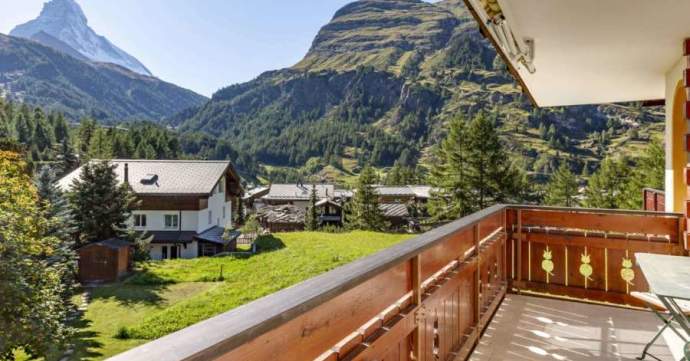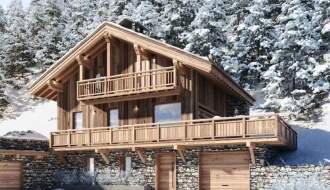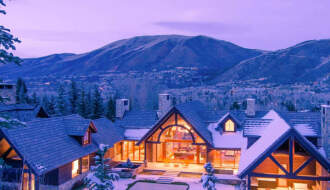That moment when you gaze over the mountains, breathe in crisp clean air, breathe out with a sense of all being right with your world - it can be easy to forget the incongruous relationship between skiing and environmental responsibility. Despite the idyll of the ski-slope, ski resorts are acutely aware of the impact of changes to our climate. Ski seasons are shorter, and some lower level resorts are reliant on artificial snow for around 80% of their slope coverage. The legacy of the ski resort - loss of habitat, aggressive snow cannons and the simple effect of a large influx of people - cannot be swept away and the signs are that many resorts are taking their responsibility seriously.
What changes are being made to create sustainable skiing?
Resorts are stepping up to the challenge of staying the progress of climate change. The car free resort of Zermatt leads the way, For a start it’s accessible by train, and makes use of electric buses in resort. In terms of energy use, the resort has a solar powered gondola, chooses lower emission eco-speed diesel for its snow groomers and employs environmental experts to monitor construction work.
Elsewhere in Europe, France has coined the Flocon Vert as a symbol for those resorts that are making concrete changes to support sustainability. Chamonix leads the way here (it’s held the Flocon Vert since 2013), with free public transport, and improvements to energy efficiency. Also in France, the 3 valleys area is seeking to acquire most of it’s on mountain energy from renewable sources, as well as choosing more energy efficient snow groomers.
How does owning a ski property aid sustainability?
There are a number of ways ski property owners can make a difference
- If you’re buying a new property pay close attention to sustainability. Look at measures to use renewable energy, consider the effectiveness of insulation as well as other aspects such as water management.
- Consider your journey - taking the Ski train to a resort like Meribel produces 11% less CO2 emissions than flying.
- Consider how long you’ll stay - while the glamour of zipping off for a weekend’s skiing is irresistible, now may be the time to consider whether you could stay for longer, perhaps making the most of options for remote working.
Owning your own ski property gives you flexibility. You can stay for longer, do away with worries about transporting all your gear, and choose how you use energy in your home. You can make informed choices while you’re in resort too, choose the restaurant that has high standards of sustainability, take care to follow the resort recycling policy (and raise a challenge if there isn’t one), and consider the way you use transport to get around the resort.
Staying longer is a great way to minimise the impact of transport, and while six months of remote working isn’t an option for everyone, taking a longer trip, choosing to embrace the journey and use the train or your car will have a positive impact. It’s easy to think that these tiny steps mean nothing - but at the moment it’s all we can do, and of course making environmentally sound choices sends a message to resorts that this matters as much to it’s guests as it does to them.
Property alert service
Our property alert service is a great way to stay ahead of what’s on the market. If you’re seeking a more sustainable way to ski and want to make the leap into owning your own ski home,or if you’re seeking somewhere that works as an investment, you’ll benefit from being able to pinpoint exactly what you need. SnowOnly is a property portal, which means we’ve access to thousands of properties all over the world,so it’s easy to find one that meets your sustainability standards, as well as your ski slope dreams.




 Jan 15, 2024
Jan 15, 2024

